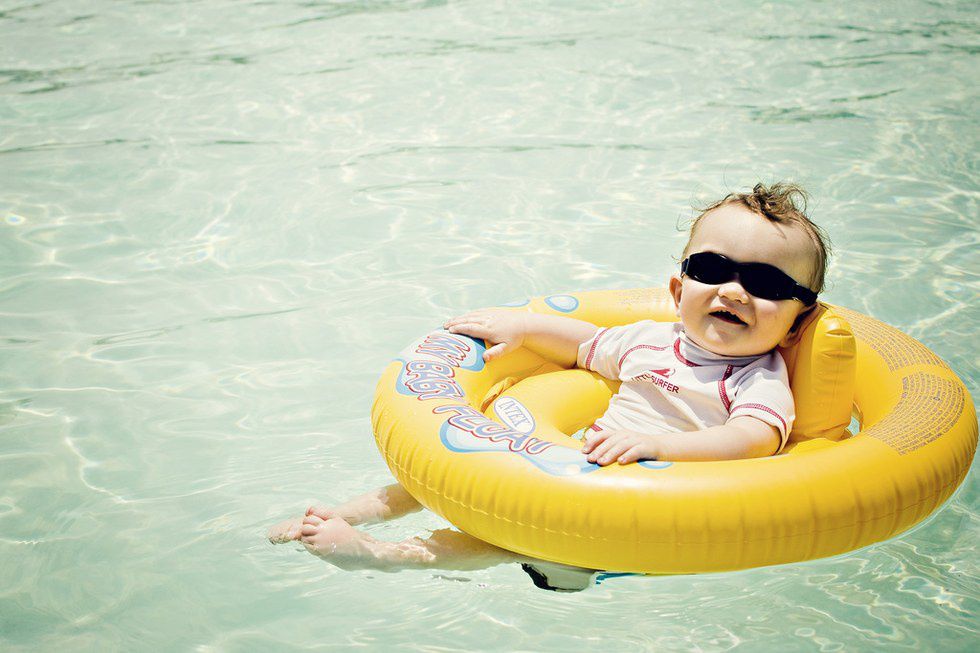Discover 6 Powerful Lessons from 'The Lion, The Witch And The Wardrobe'
Life lessons are important, surely it is more magical when they come from Narnia, so here is what can be learned!
Being an English student, it is safe to say that I have a vivid imagination. However, this love for words and books started with a certain book series — C.S. Lewis' masterpiece in form of "The Chronicles of Narnia" book series.
Admittedly, back in 2005, my 7-year-old self first came across the Disney adaption of "The Lion, The Witch and The Wardrobe" starring Georgie Henley, William Moseley, Anna Popplewell and Skandar Keynes. I remember how I saw it at the cinema with my grandparents, I was transfixed on this magical land.
Fast forward, of course I wanted the book to go with the movie. Alas, I finally got it. This was the first book I ever read from cover to cover. It changed my life, this book with its magical land taught me so much.
1. Courage
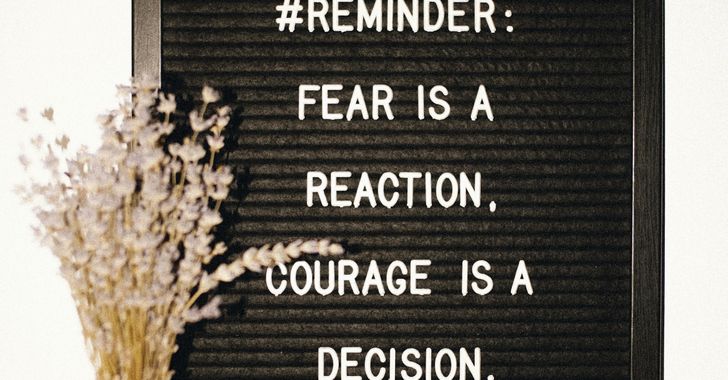
"You doubt your value, don't run from who you are."
This quote from Aslan stresses the value that we mustn't doubt ourselves, even when it feels like hope is lost. My younger self really adored this line. It was very important and it still remains important today.
Another key element of bravery in this book is Peter saving Susan and Lucy from Maugrim the wolf, he also saves the beavers. This develops throughout as his courage grows. For me, this emphasized no matter where you come from, no matter how old you are, courage and bravery can be a good thing, especially when it comes to helping or aiding those you love the most.
2. The importance of friendship

This book taught me the importance of friendship. It fell that no matter what happens, friendship is one of the most important things. This was evident in the form of Mr. Tumnus and Lucy's relationship. Tumnus initially saves Lucy from the white witch, later, Lucy does the same for Tumnus. This heartwarming friendship still makes me smile when I think of it.
3. Fighting for what you believe in
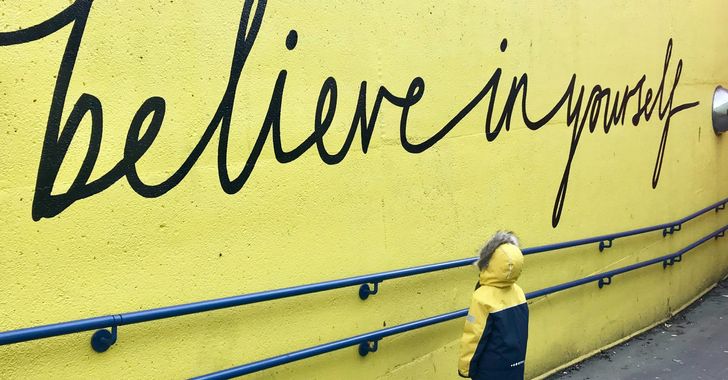
As a young child, it taught the importance of standing up for your beliefs and never letting anyone else steer you away from them. This was present in the character of Lucy, when finding Narnia, her siblings failed to believe her. But instead, she still knows it's true and even though she wishes them to believe at the beginning of the novel, she does stop telling them about it to a degree — until Susan and Peter then find themselves in Narnia.
4. To have faith

When Professor Kirk urges Susan and Peter to believe their younger sister about the magical land she has found, he encourages them to open their minds. You can see this initially changes their way of thinking, for me, this was a pivotal point in the novel as Professor Kirk had been to Narnia before. Therefore, he urges Susan and Peter to believe their younger sister.
5. Lying is never good (Yes, Edmund)
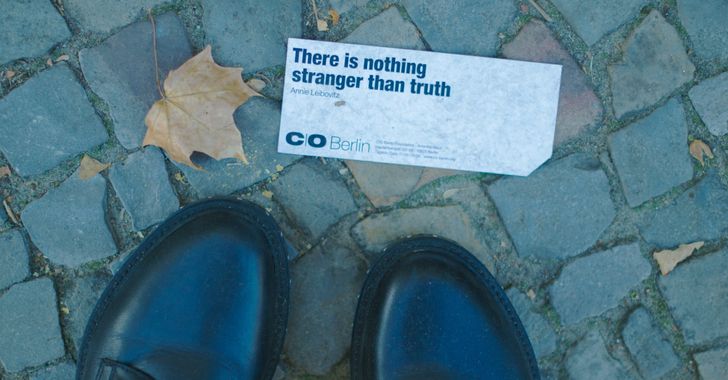 Photo by Oksana Manych on Unsplash
Photo by Oksana Manych on UnsplashWhen Edmund lies about entering Narnia it has a startling impact. Due to lying, he doesn't tell anyone of the White Witch or how he came to tell her of Lucy's meeting with Tumnus. Edmund's act of not telling anyone the truth means he ends up facing the consequences in the form of being imprisoned by the witch. This doesn't only impact Edmund, but it impacts Tumnus too. For me, this scared me — I thought if I lied about anything the witch would come for me!
This also demonstrates the importance of family as the three siblings embark on a journey to save their brother. The whole reason they stay in Narnia is to retrieve Edmund. So, it is him we have to thank because if they hadn't stayed there they never would have become kings and queens.
6. Magic opens minds

Magic, for children, is vital. It teaches to stretch the imagination and think outside the box. For me, growing up it was so important that I stretched my mind and explored possibilities, because of C.S. Lewis and this one book, I decided I loved English, I am now studying English and creative writing. So, this book taught me to keep an open mind and explore my imagination.
This novel is the reason that I fell in love with literature, it will always have a special place in my heart. I owe so much to this one novel.




 Photo by
Photo by 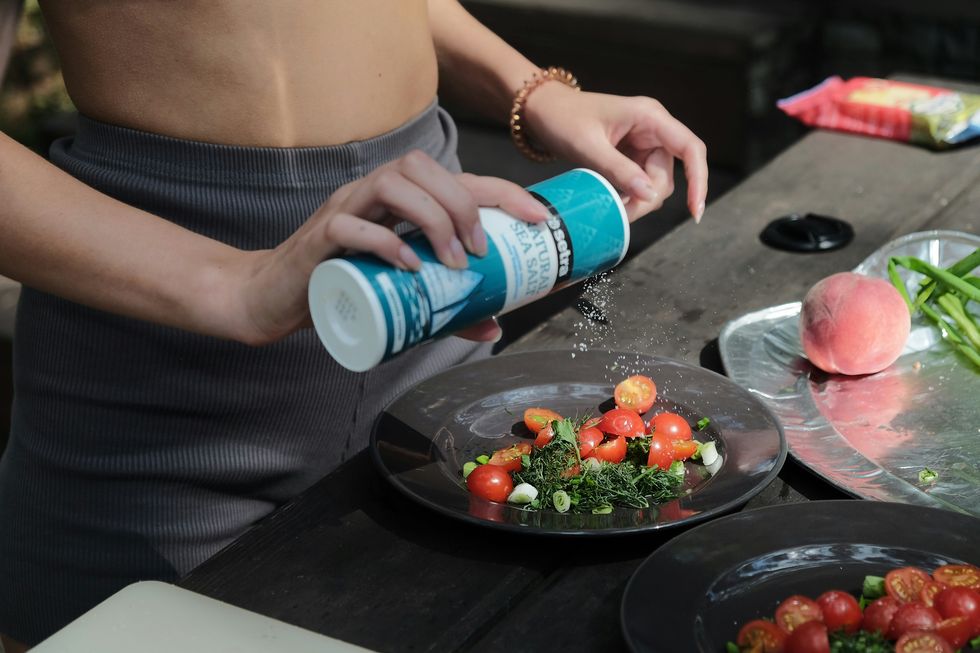 Photo by
Photo by  StableDiffusion
StableDiffusion StableDiffusion
StableDiffusion StableDiffusion
StableDiffusion StableDiffusion
StableDiffusion






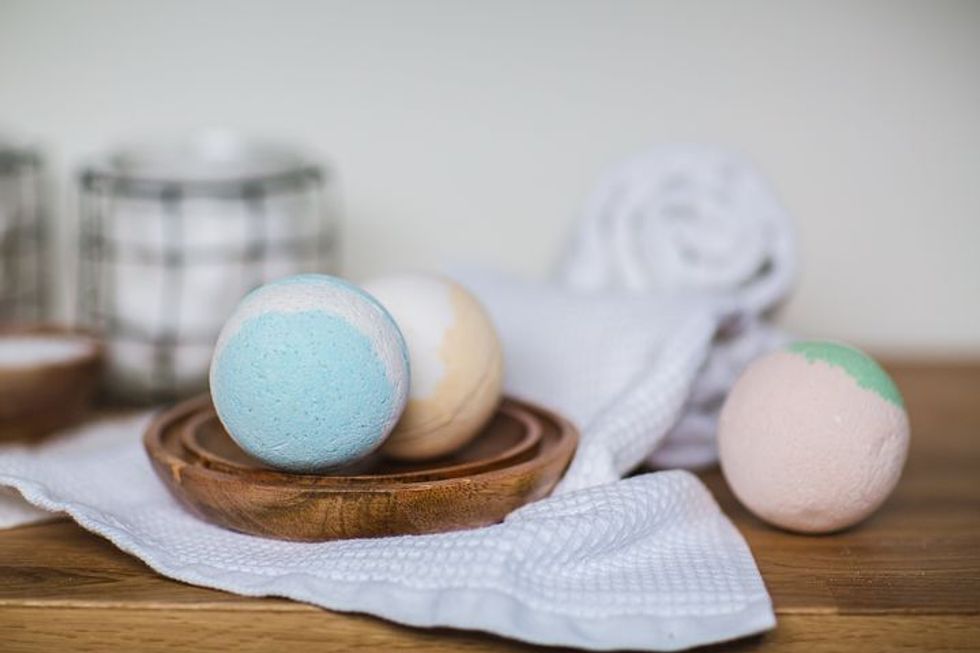






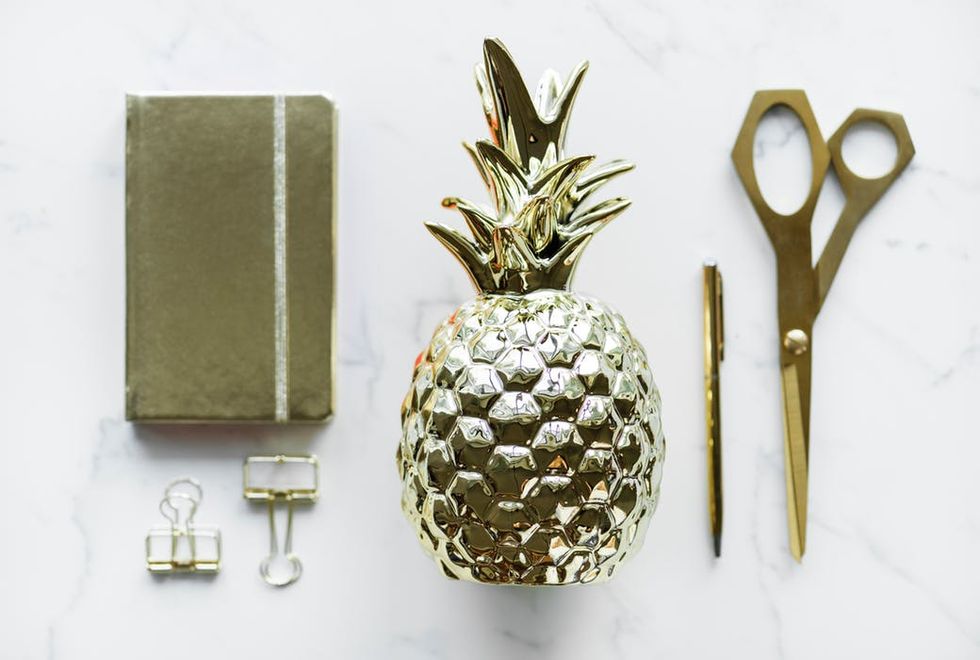












 women in street dancing
Photo by
women in street dancing
Photo by  man and woman standing in front of louver door
Photo by
man and woman standing in front of louver door
Photo by  man in black t-shirt holding coca cola bottle
Photo by
man in black t-shirt holding coca cola bottle
Photo by  red and white coca cola signage
Photo by
red and white coca cola signage
Photo by  man holding luggage photo
Photo by
man holding luggage photo
Photo by  topless boy in blue denim jeans riding red bicycle during daytime
Photo by
topless boy in blue denim jeans riding red bicycle during daytime
Photo by  trust spelled with wooden letter blocks on a table
Photo by
trust spelled with wooden letter blocks on a table
Photo by  Everyone is Welcome signage
Photo by
Everyone is Welcome signage
Photo by  man with cap and background with red and pink wall l
Photo by
man with cap and background with red and pink wall l
Photo by  difficult roads lead to beautiful destinations desk decor
Photo by
difficult roads lead to beautiful destinations desk decor
Photo by  photography of woman pointing her finger near an man
Photo by
photography of woman pointing her finger near an man
Photo by  closeup photography of woman smiling
Photo by
closeup photography of woman smiling
Photo by  a man doing a trick on a skateboard
Photo by
a man doing a trick on a skateboard
Photo by  two men
two men  running man on bridge
Photo by
running man on bridge
Photo by  orange white and black bag
Photo by
orange white and black bag
Photo by  girl sitting on gray rocks
Photo by
girl sitting on gray rocks
Photo by  assorted-color painted wall with painting materials
Photo by
assorted-color painted wall with painting materials
Photo by  three women sitting on brown wooden bench
Photo by
three women sitting on brown wooden bench
Photo by 

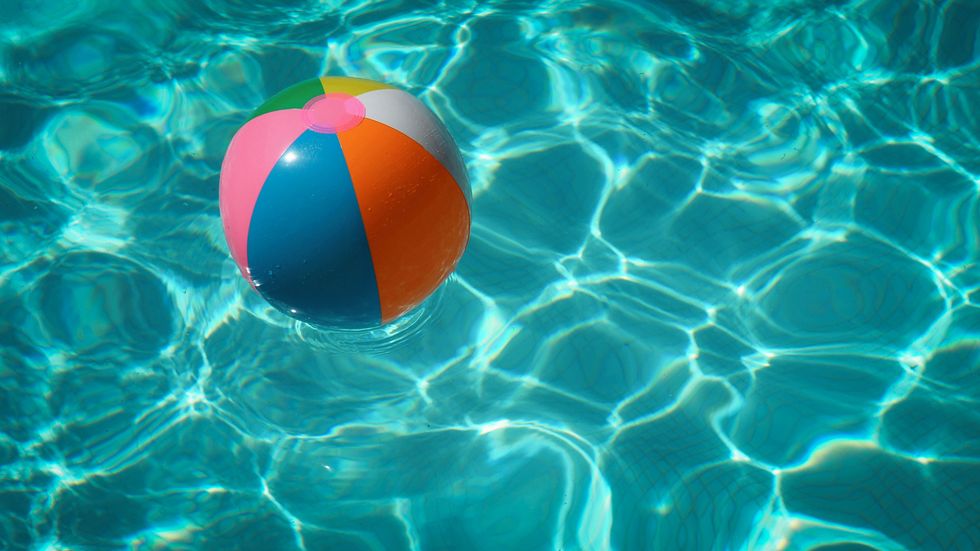 Photo by
Photo by 



 Photo by
Photo by 



